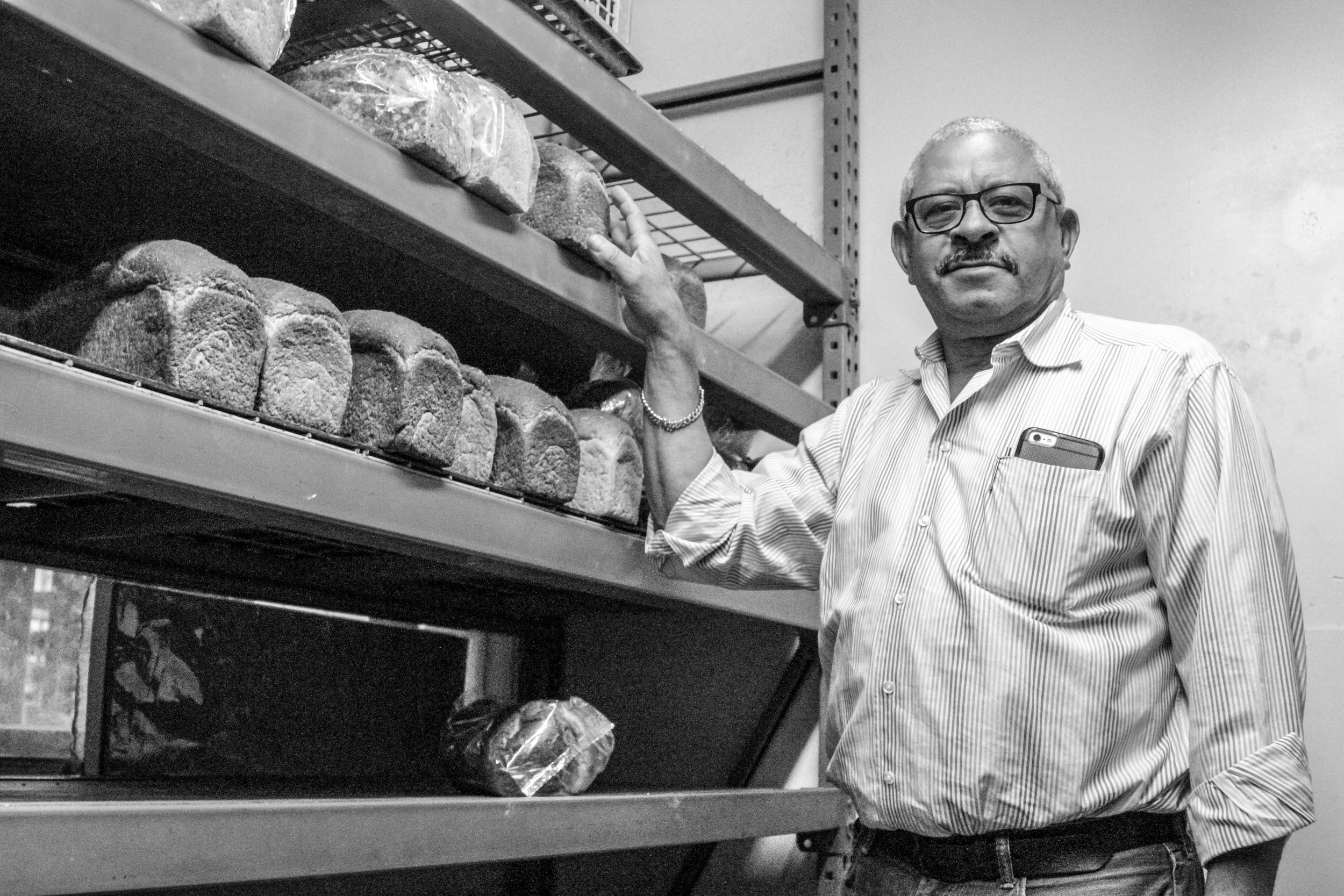The BronXchange
The BronXchange is a marketplace that connects Bronx institutions and nonprofit organizations with high-road, local businesses—making it easy for institutions to support local economic development and for businesses to grow. The BronXchange does this in three ways:
Connecting buyers and sellers through an online directory as well as offline relationship brokering and matchmaking.
Providing shared business services to help small businesses compete for contracts. This includes a full spectrum of back office services: e-commerce, marketing, compliance, and invoice financing and cash flow assistance
Encouraging high-road business practices through a Business Impact Assessment, developed by community members in partnership with B Lab and Best for NYC. The assessment measures businesses’ contributions to the Bronx; helps purchasers understand their local impact; and encourages businesses to be good employers, utilize green business practices to improve our environment and the health of the Bronx, and invest in the Bronx to build community wealth and well-being.
By supporting new and existing businesses, and moving them in the direction of more democratic ownership and operations, the BronXchange leverages the impressive buying power of our local anchor community and the entrepreneurial talent of our business community to build local wealth.
Context
Each year, Bronx-based institutions and nonprofits spend $9 billion dollars on goods and services. Although there are over 130,000 businesses based in the Bronx that span every sector, very few of these contracts go to Bronx-based businesses. Even when purchasers want to increase contracts with local businesses—especially minority- and/or women-owned businesses—they often face challenges to doing so.
Through extensive research with purchasers and local businesses, BCDI identified and is addressing three main barriers to local purchasing:
Many purchasers do not know about local businesses or where to find them. To compound this issue, many businesses do not have an internet presence.
Many vendors do not provide digital ordering or invoicing and may not accept digital payment—often a requirement for working with large institutions.
Large institutions often take up to 90 or 120 days to pay vendors. For a small business, a large institutional contract could significantly expand their operations, but too often, waiting this long for payment is simply not possible.




